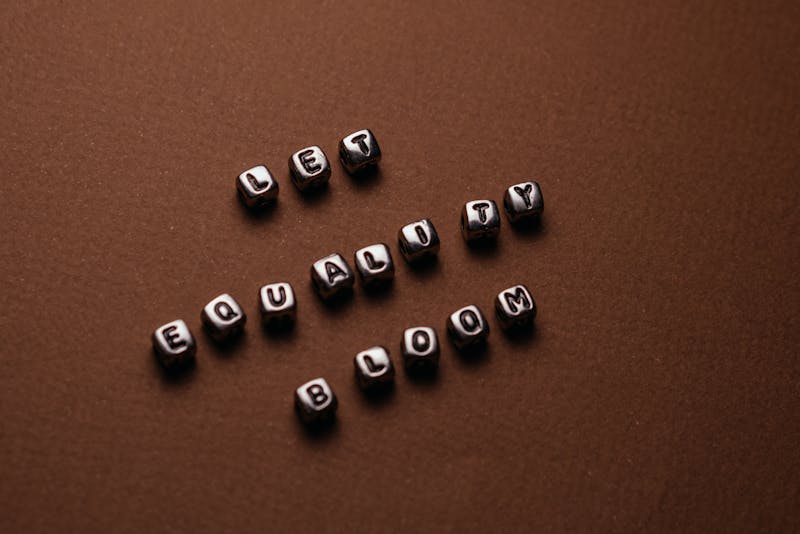
We are a species with a peculiar gift for dreaming. For centuries, we have imagined utopias, built castles in the air, and scribbled blueprints for worlds where fairness reigns supreme. Yet, the world has a way of humbling dreamers. The stark machinery of greed and power grinds down idealism into dust. But what if – just what if – we could create a system that truly embodied economic justice, using the foundational ideas found in solidarity economies? What would that look like, in theory and practice?
Let’s dream together for a moment a world where the economy isn’t a gladiator’s arena, but a village square. Here, wealth doesn’t pool into a few gilded chalices; it flows like a river, nourishing every root and blade of grass. The market is no longer a ruthless game of survival but a cooperative dance, where participants move in rhythm with one another. This is not just theory – it is the beating heart of economic justice through solidarity.
In this system, work would no longer be a drudgery endured for a meager paycheck. Imagine worker cooperatives replacing faceless corporations. These are businesses where the employees own the means of production and make decisions democratically. In a worker co-op, the CEO’s chair is a revolving seat at the same table as everyone else. Profit isn’t siphoned off to distant shareholders; it’s reinvested in the community or shared equitably among those who made it possible.
Housing, that eternal thorn in the side of modern economies, would take on a new form. Community land trusts would wrest land from the grip of speculative markets and return it to the people. Imagine neighborhoods where residents collectively decide how to use and manage their land, ensuring homes remain affordable and communities are preserved.
Value itself would be reimagined. Instead of the cold, indifferent dollar, why not something akin to volunteer time cooperatives? In these systems, an hour of labor – whether spent fixing a sink or teaching a child – is worth the same as any other hour. Time becomes a different kind of “currency”, one of commitment to each other and value is measured by effort, not profit margins.
But let’s not forget democracy – the linchpin of any just system. Participatory budgeting would ensure that communities decide how public funds are spent. Gone would be the days of opaque deals and misallocated resources. Instead, people would gather in school gyms and community centers, rolling up their sleeves to craft budgets that reflect their collective needs.
The naysayers will balk, of course. They will ask, “What about ambition? Competition? Progress?” But who says progress must be built on exploitation? Must ambition always be a solitary pursuit, climbing over the backs of others to reach some lonely peak? The solidarity economy suggests another way: collaboration, shared success, and a prosperity that doesn’t hollow out the soul.
In practice, such a system would require patience and commitment. It would mean untangling the snarled threads of capitalism and redistributing power from the top down. It would mean unlearning centuries of dogma about wealth and worth. But it is not impossible. Cooperatives and time banks already exist. Community land trusts have kept neighborhoods intact. Participatory budgeting has empowered citizens to shape their futures. The seeds are there, waiting to be tended.
It’s been said that courage is grace under pressure. To build a system of economic justice rooted in solidarity economies would take courage – a boldness to defy the status quo and imagine a world where wealth is not a weapon but a bridge. It is a dream, yes, but one worth chasing. For if we do not dream of justice, we condemn ourselves to its absence.
Join us in making the world a better place – you’ll be glad that you did. Cheers friends.